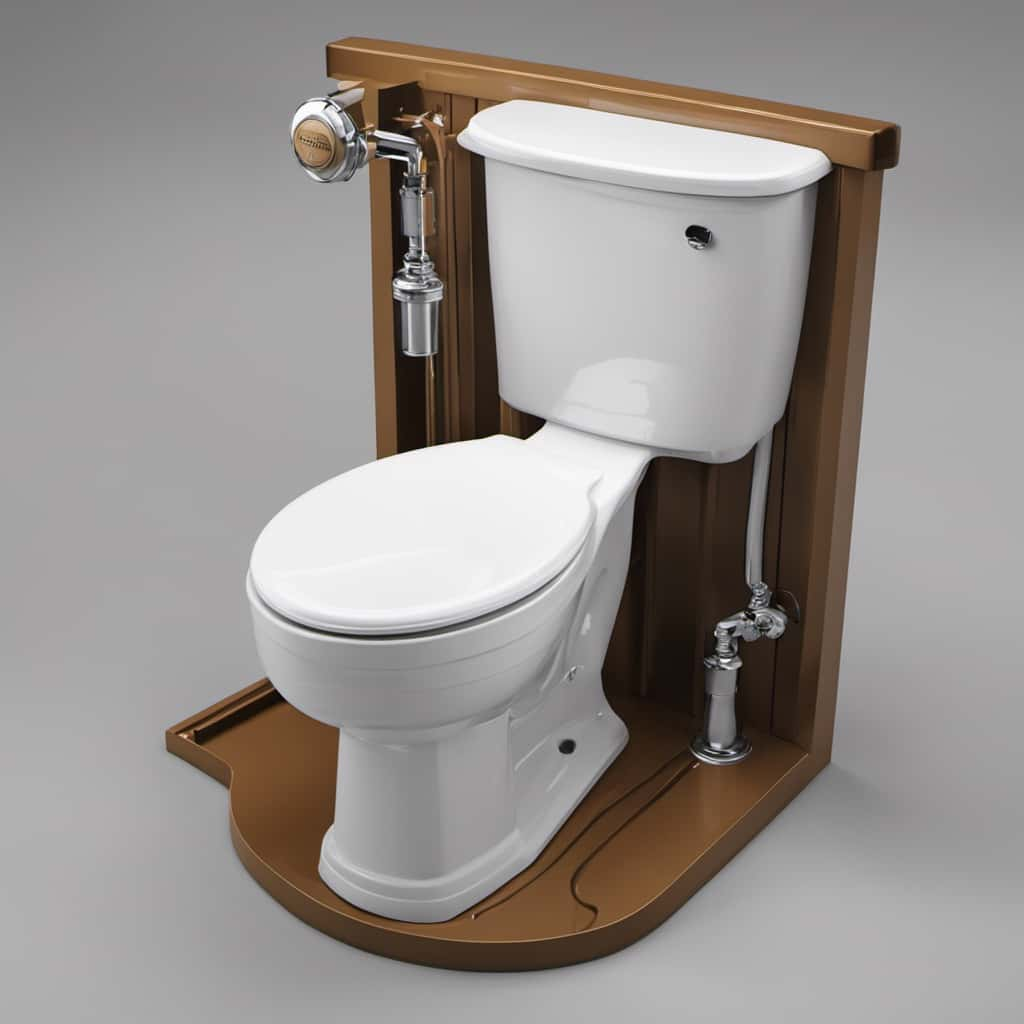We’ve all heard the saying ‘out of sight, out of mind.’ But when it comes to flushing Cottonelle flushable wipes, is that really the case?
In this article, we’ll dive deep into the question of whether these wipes are actually safe to flush. Using an evidence-based approach, we’ll examine the potential risks, consult expert opinions, and explore proper disposal alternatives.
By the end, you’ll have the knowledge needed to make an informed decision about flushing Cottonelle wipes.
Key Takeaways
- Flushing Cottonelle wipes can lead to plumbing disasters, sewer system blockages, and increased maintenance and repair costs.
- The labeling of Cottonelle wipes as ‘flushable’ can be misleading, as they do not break down like toilet paper and testing standards for flushability vary.
- Cottonelle wipes contribute to environmental concerns such as non-biodegradable materials, plastic pollution, harm to wildlife and ecosystems, and increased carbon footprint.
- Responsible consumerism involves choosing truly flushable and eco-friendly products, opting for biodegradable alternatives, using toilet paper instead of wipes, and supporting companies with sustainable practices.
Understanding the Flushability of Cottonelle Wipes
To better understand the flushability of Cottonelle wipes, let’s explore how they’re designed and manufactured.
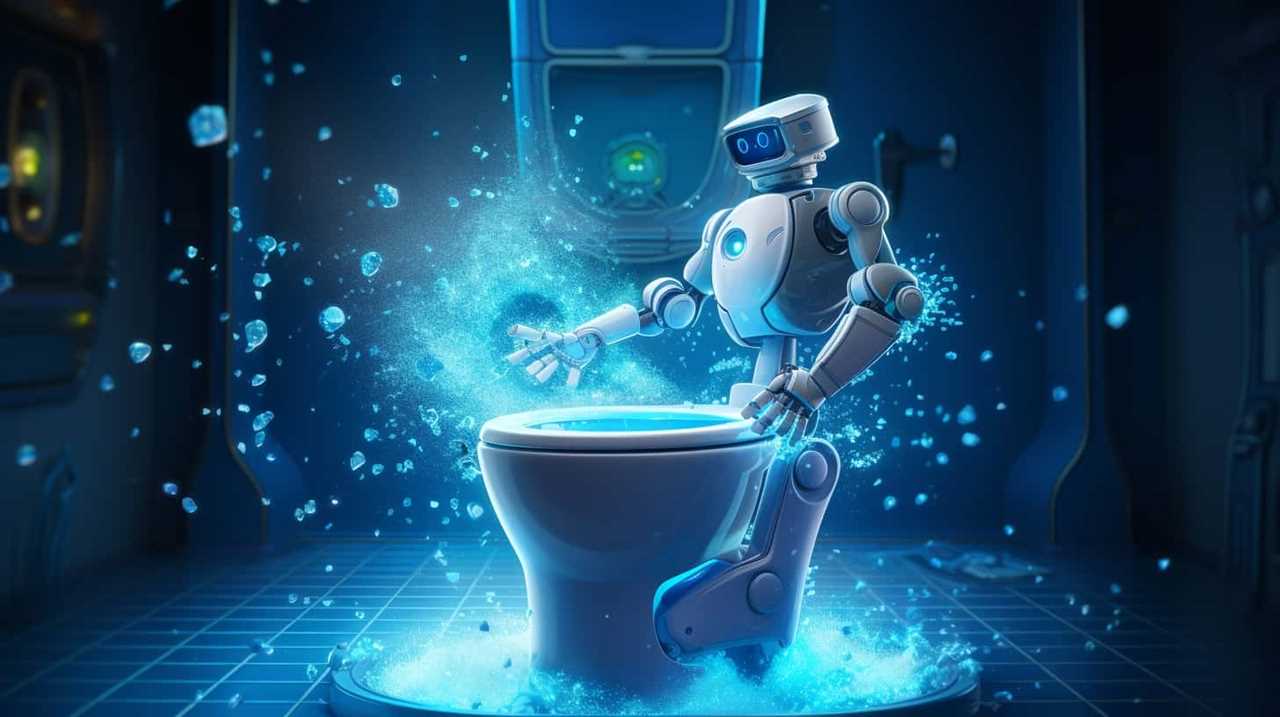
Cottonelle wipes are designed to provide a convenient and hygienic alternative to toilet paper. They’re made from a blend of natural and synthetic fibers, which are woven together to create a soft and durable material.
The wipes are then treated with a gentle cleansing solution that helps to remove impurities and maintain freshness. However, despite their convenience, there are concerns regarding the environmental impact and sewer system issues associated with flushing these wipes.
Studies have shown that wipes labeled as ‘flushable’ can still cause blockages in sewer systems, leading to costly repairs and potential environmental damage.
It’s important to consider these factors before deciding whether to flush Cottonelle wipes.
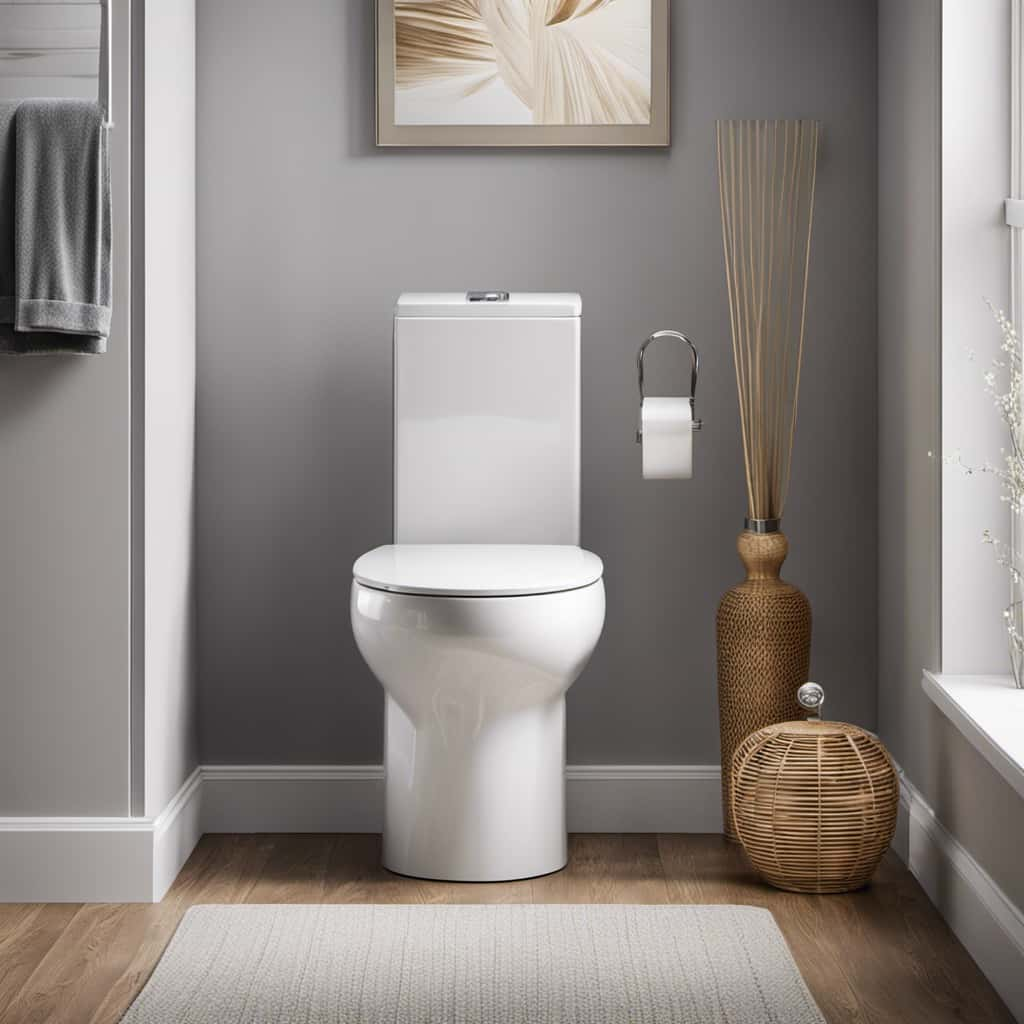
Examining the Potential Risks of Flushing Cottonelle Wipes
Examining the potential risks of flushing Cottonelle wipes, we discovered that improper disposal can lead to clogged pipes and environmental harm. While Cottonelle claims that their wipes are flushable, studies have shown that they don’t break down as easily as toilet paper. This can result in blockages in household plumbing systems, leading to costly repairs and inconveniences for homeowners.
Furthermore, when flushed, these wipes can end up in sewage systems and water treatment facilities, where they can contribute to clogs and damage equipment. From an environmental standpoint, the potential impact is significant. Cottonelle wipes, along with other non-biodegradable materials, can accumulate in waterways, causing harm to aquatic life and disrupting ecosystems. It’s crucial for consumers to be aware of these risks and consider alternative disposal methods, such as throwing the wipes in the trash.
Moving forward, it’s important to consider expert opinions on the safety of flushing Cottonelle wipes.
Expert Opinions on the Safety of Flushing Cottonelle Wipes
Our research has found that multiple experts strongly advise against flushing Cottonelle wipes due to the potential risks they pose to plumbing systems and the environment. Here are four reasons why experts caution consumers against flushing Cottonelle wipes:
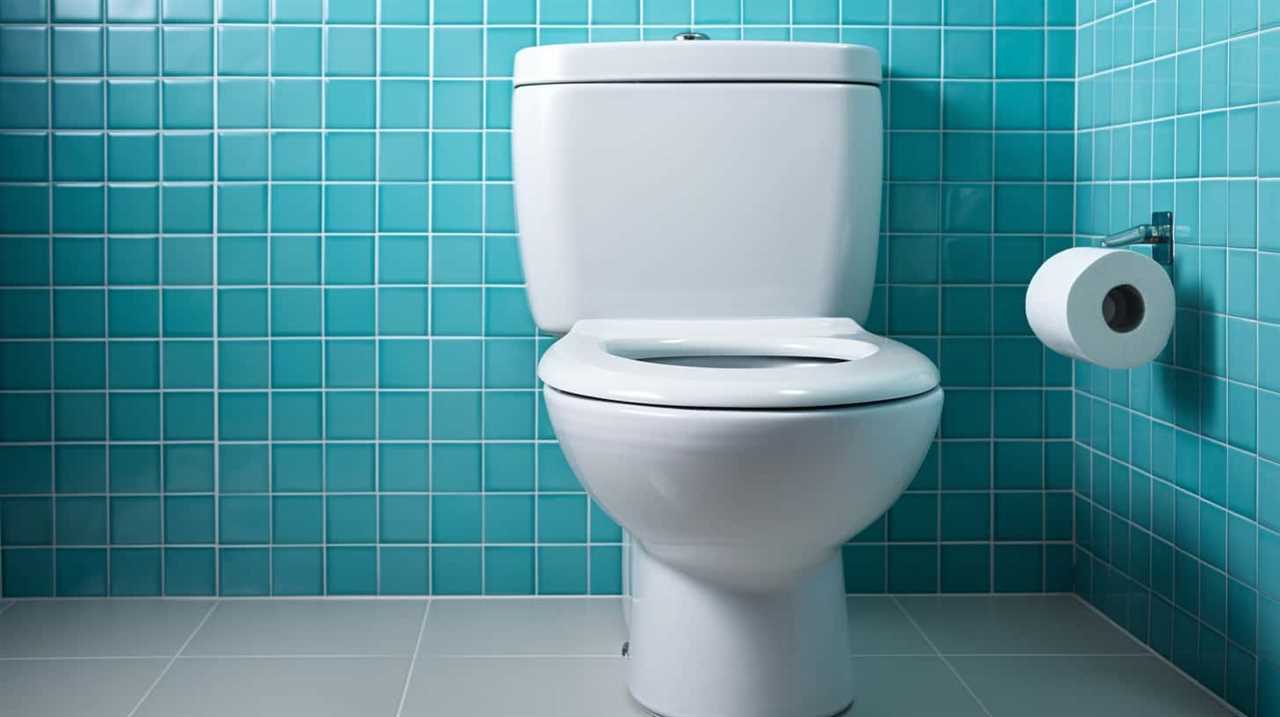
- Plumbing Damage: Flushing wipes can lead to clogged pipes, blockages, and costly repairs. Unlike toilet paper, wipes don’t disintegrate quickly, increasing the risk of plumbing issues.
- Sewage System Overload: Flushed wipes can accumulate in sewage systems, causing blockages and backups. This can result in raw sewage overflow, leading to environmental contamination and health hazards.
- Water Treatment Challenges: Wipes that make their way into wastewater treatment plants can clog filters and disrupt the treatment process. This can lead to increased costs, decreased efficiency, and potential environmental harm.
- Environmental Impact: Cottonelle wipes, even if labeled as flushable, can take years to break down in water bodies. This contributes to pollution, endangering aquatic life and ecosystems.
Considering the expert opinions and the potential risks associated with flushing Cottonelle wipes, it’s advisable for consumers to dispose of them in the trash instead.
Proper Disposal Alternatives for Cottonelle Wipes
For proper disposal alternatives for Cottonelle wipes, we recommend disposing of them in the trash rather than flushing them. Flushing wipes, even ones labeled as ‘flushable,’ can lead to clogged pipes and sewer backups.
To dispose of Cottonelle wipes in a responsible manner, simply place them in a trash bin after use. Using environmentally friendly disposal options is important to minimize the impact on our ecosystems.
While Cottonelle wipes aren’t biodegradable like toilet paper, throwing them in the trash ensures they’ll be properly disposed of in a landfill. It’s essential to be mindful of our actions and make choices that prioritize the health of our environment.
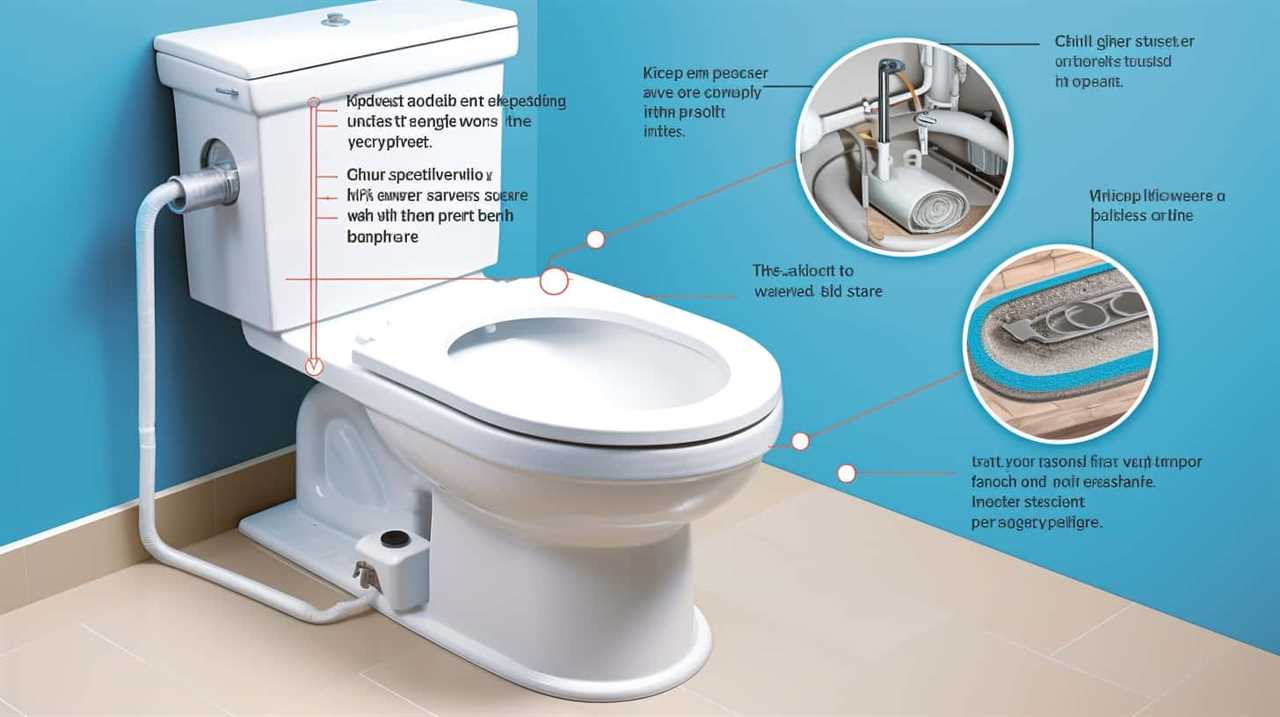
Conclusion: Making an Informed Decision About Flushing Cottonelle Wipes
After considering the potential risks and environmental impact, it’s clear that making an informed decision about whether to flush Cottonelle wipes is crucial. Weighing the pros and cons is essential to understanding the implications of flushing these wipes.
Here are four key points to consider:
- Convenience: Flushing Cottonelle wipes may seem convenient in the moment, but it can cause serious plumbing issues down the line, leading to costly repairs.
- Environmental impact: Flushing wipes contributes to clogged sewer systems and can end up in waterways, harming marine life and polluting our environment.
- Alternative disposal methods: Properly disposing of Cottonelle wipes in the trash can help prevent these negative impacts and is a safer option for both your plumbing and the environment.
- Responsible consumerism: As consumers, we’ve the power to choose products that are truly flushable and environmentally friendly. By opting for biodegradable alternatives or using toilet paper instead, we can minimize our ecological footprint.
Considering these factors, it’s evident that flushing Cottonelle wipes isn’t a responsible or sustainable choice. Taking the time to properly dispose of them is a small step towards preserving our environment and avoiding potential plumbing disasters.
Frequently Asked Questions
How Often Should I Flush Cottonelle Wipes Down the Toilet?
We flush Cottonelle wipes down the toilet as often as needed, considering both flushing frequency and toilet compatibility. It’s important to be mindful of proper usage guidelines to ensure safe and effective disposal.
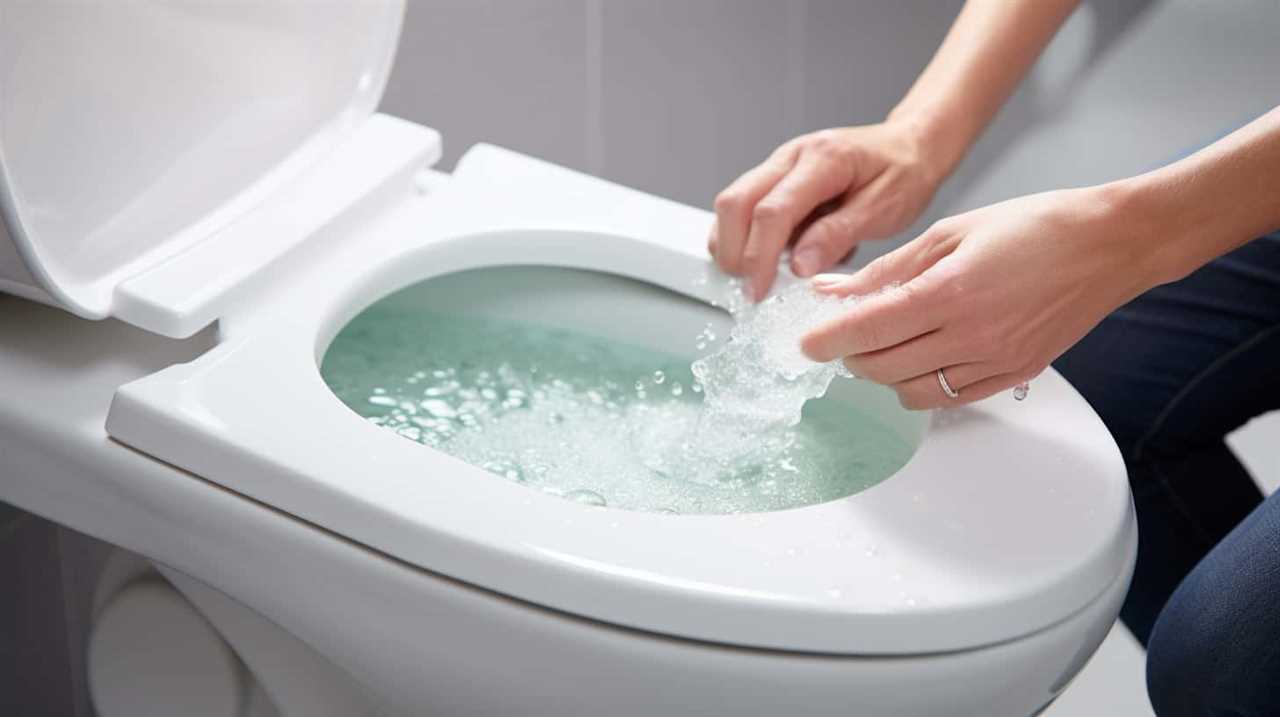
Can Cottonelle Wipes Cause Clogs in My Plumbing System?
Cottonelle wipes can potentially cause clogs in plumbing systems, leading to costly repairs. To avoid the potential environmental impact, consider using alternative options such as biodegradable wipes or disposing of wipes in the trash.
Are There Any Specific Types of Toilets That Are More Prone to Issues When Flushing Cottonelle Wipes?
Toilet compatibility can play a role in potential risks when flushing Cottonelle wipes. It’s important to note that certain types of toilets, such as older models or those with weaker flush power, may be more prone to issues.
Can Flushing Cottonelle Wipes Contribute to Sewage System Problems?
Flushing cottonelle wipes can contribute to sewage system problems and have a negative environmental impact. It is important to consider alternatives to flushing, such as proper disposal in the trash, to prevent further issues.
Are There Any Legal Consequences for Flushing Cottonelle Wipes?
Legal implications of flushing Cottonelle wipes include potential fines or penalties for damaging sewage systems. Additionally, the environmental impact is significant, as wipes can clog pipes, contribute to blockages, and harm aquatic ecosystems.

Conclusion
After examining the flushability of Cottonelle wipes and the potential risks associated with flushing them, it’s clear that caution should be exercised. While some experts argue that these wipes are safe to flush, others suggest that they can cause clogs and damage to plumbing systems.
To make an informed decision, it’s recommended to properly dispose of Cottonelle wipes in the trash instead. By doing so, we can avoid potential problems and keep our plumbing systems flowing smoothly.
